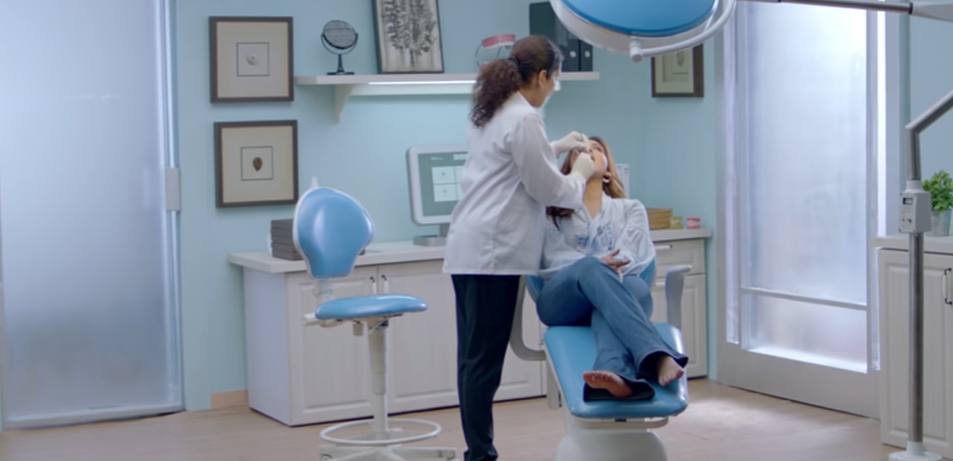The Snow v. Align Class Action has emerged as a highly symbolic case for consumer protection in contemporary medical technology. It focuses on claims that SmileDirectClub, Invisalign’s purported rival, and Align Technology, the company that created the product, formed a covert alliance in order to reduce competition in the clear aligner market. A $31.75 million settlement was reached as a result, which many view as a moral and financial reckoning.
By agreeing not to compete with SmileDirectClub, Align allegedly created a silent monopoly that left customers with higher prices and fewer choices. Once praised as a strategic alliance, the partnership proved especially contentious because it made it difficult to distinguish between cooperation and control. For a company built on empowering smiles, the irony was impossible to ignore.
A pillar of American competition law, the Sherman Antitrust Act, was allegedly broken by the agreement between Align and SmileDirectClub, according to the plaintiffs. According to the court documents, Align agreed to stay out of the direct-to-consumer market in exchange for a 19% share in SmileDirectClub. As a result, consumers were forced to pay exorbitant prices for goods that were advertised as being reasonably priced, effectively eliminating meaningful competition.
Case and Company Overview
| Category | Information |
|---|---|
| Case Name | Snow v. Align Technology, Inc. |
| Court | U.S. District Court, Northern District of California |
| Settlement Amount | $31.75 million |
| Case Number | 3:21-cv-03269-VC |
| Defendant | Align Technology, Inc. (maker of Invisalign) |
| Plaintiffs | Misty Snow and others |
| Allegations | Anticompetitive agreement between Align and SmileDirectClub that inflated aligner prices |
| Settlement Period | Purchases between October 22, 2017, and August 18, 2022 |
| Settlement Website | www.SDCAlignerSettlement.com |
| Reference | Reuters Legal, Top Class Actions, PR Newswire, Justia |

Despite being small in comparison to Align’s multibillion-dollar yearly revenue, the $31.75 million settlement, which was reached earlier this year, has significant symbolic meaning. It recognizes that advancements in technology must continue to be grounded in justice. The payout is a strikingly powerful reminder that innovation without integrity rapidly erodes public trust, even though Align denies any wrongdoing.
For those who bought SmileDirectClub aligners between October 2017 and August 2022, automatic pro rata cash payments will be made; these payments usually range from $40 to $60. Even though it might seem insignificant, this represents a significant step toward corporate responsibility in the digital era. Before October 27, 2025, class members who are not automatically identified can still submit claims online.
The ramifications of the lawsuit go well beyond orthodontics. It refers to a broader pattern of regulatory opposition to significant technology-driven healthcare companies. Businesses that used to claim to be disruptors are now under scrutiny for acting more like gatekeepers. The balance of power between businesses and consumers is clearly changing, as evidenced by other notable consumer protection milestones like Facebook’s privacy-related fines and Apple’s settlement over iPhone throttling.
Legal experts view Judge Vince Chhabria’s oversight of the case as particularly important. Efficiency and fairness were highlighted in his May 2025 preliminary approval, which also made it clear that Align’s settlement did not imply guilt. As the technology and healthcare industries merge, this type of judicial precision—balancing corporate influence against consumer impact—has become more and more important.
Culturally speaking, the lawsuit has increased public awareness of the hidden costs that frequently accompany “affordable convenience.” After spending hundreds on aligners, social media users reported finding little support and transparency. These discussions, which were incredibly popular, assisted in turning a convoluted antitrust case into a relatable tale of justice and contemporary consumer empowerment.
Align Technology survived the storm financially. After Reuters revealed the settlement, its stock fell for a short time but swiftly rebounded, demonstrating its incredibly solid business foundation. Restoring consumer trust, however, is a different matter. Trust, once lost, is not easily regained, particularly in industries that depend so heavily on personal care and well-being.
In contrast, SmileDirectClub’s reputation has taken a more noticeable hit. The business was once praised for using telehealth innovation to transform dental care, but in recent years it has encountered operational, financial, and legal challenges. The Snow settlement highlights the vulnerability of startups that expand too quickly under the guise of independence, adding another chapter to that ongoing struggle.
The message is very clear to consumers: accountability can still win out over corporate complexity. A more recent era of digital justice, where restitution is no longer concealed behind paperwork, is reflected in the extremely effective and transparent settlement benefit claim process offered by SDCAlignerSettlement.com.
According to industry observers, the Snow case may act as a model for future class actions against monopolistic alliances in a variety of other industries, such as nutrition apps and telemedicine. Snow v. Align might one day be regarded as a seminal case that compelled digital health behemoths to conduct themselves more morally, much like the early lawsuits against tobacco companies changed health regulation decades ago.

